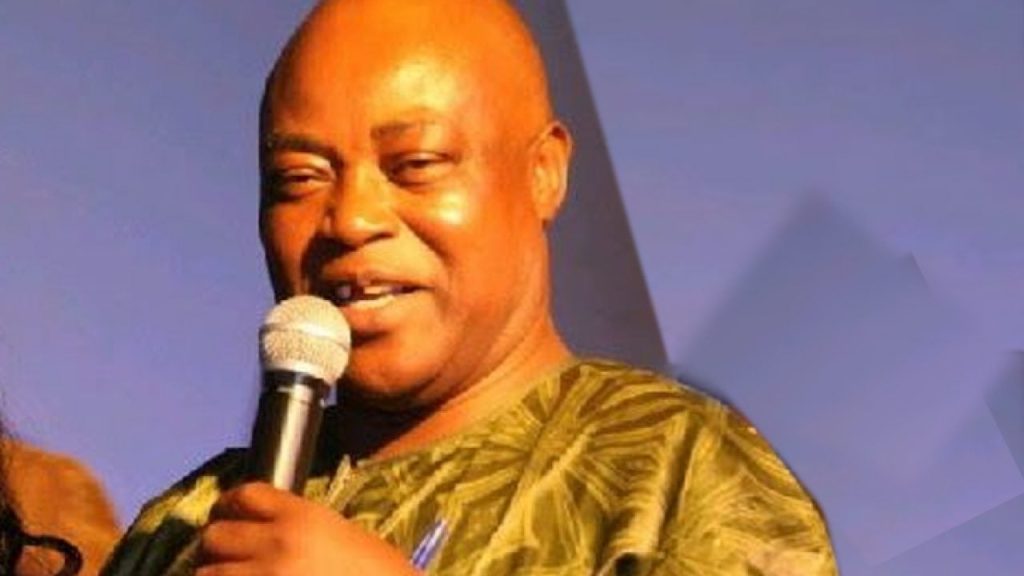Reported negotiations between the Sudan Armed Forces (SAF) and the Rapid Support Forces (RSF) in Jeddah have hit an impasse, with the talks being suspended indefinitely. Sources reveal that the recent discussions, facilitated by Saudi Arabia, the USA, the African Union, and the Intergovernmental Authority on Development (IGAD), have come to a standstill, prompting both delegations to return to Sudan for consultations with their respective leaders.
Yassir Arman, spokesperson for the Forces for Freedom and Change (FFC), expressed his concerns on social media, highlighting the lack of political will as a significant obstacle to progress in the Jeddah negotiations. He criticized a speech by Lt Gen Abdelfattah El Burhan, chairman of the Sovereignty Council and commander of the Sudan Armed Forces, describing it as a call to arms rather than a pursuit of peace.
Arman questioned the viability of engaging in threatening language, particularly in light of an impending visit by the United Nations envoy, Ramtane Lamamra, emphasizing the complexity of the war situation and the critical need to protect civilians, uphold human rights, provide humanitarian aid, and ultimately end the conflict. He stressed the urgent necessity to focus on halting the war, as the prolonged conflict poses a severe threat to the stability and existence of the Sudanese state.
In his speech in Wad Madani, El Burhan welcomed the UN Security Council’s decision to end the work of UNITAMS in Sudan and transfer its responsibilities to specialized UN agencies operating within the country. He cautioned the new UN official, Ramadan Lamamra, against aligning with any Sudanese party, drawing parallels to the fate of his predecessor, Volker Perthes. El Burhan underscored the government of Sudan’s willingness to collaborate with the United Nations under the condition of a neutral mission that contributes to restoring security and stability in the region.
El Burhan rebuked external calls for intervention in resolving the Sudanese crisis and dismissed the idea of foreign-imposed solutions, advocating for internal resolutions driven by the Sudanese people who have endured displacement and land expropriation. He maintained that negotiations failing to address the aspirations of the Sudanese population, particularly in quelling the RSF rebellion and securing an exit from conflict zones, would not be acceptable.
Former Foreign Minister Omar Kamareldin Ismail urged for a comprehensive campaign to document and monitor war crimes and crimes against humanity inflicted upon the Sudanese populace amidst the ongoing conflict. He emphasized the importance of documentation in pursuing justice, preventing impunity, and ensuring the restoration of rights for the victims.
As hopes for a ceasefire wane, the Sudanese people continue to grapple with the profound impact of the ongoing turmoil, eagerly yearning for a peaceful resolution to the protracted crisis.



